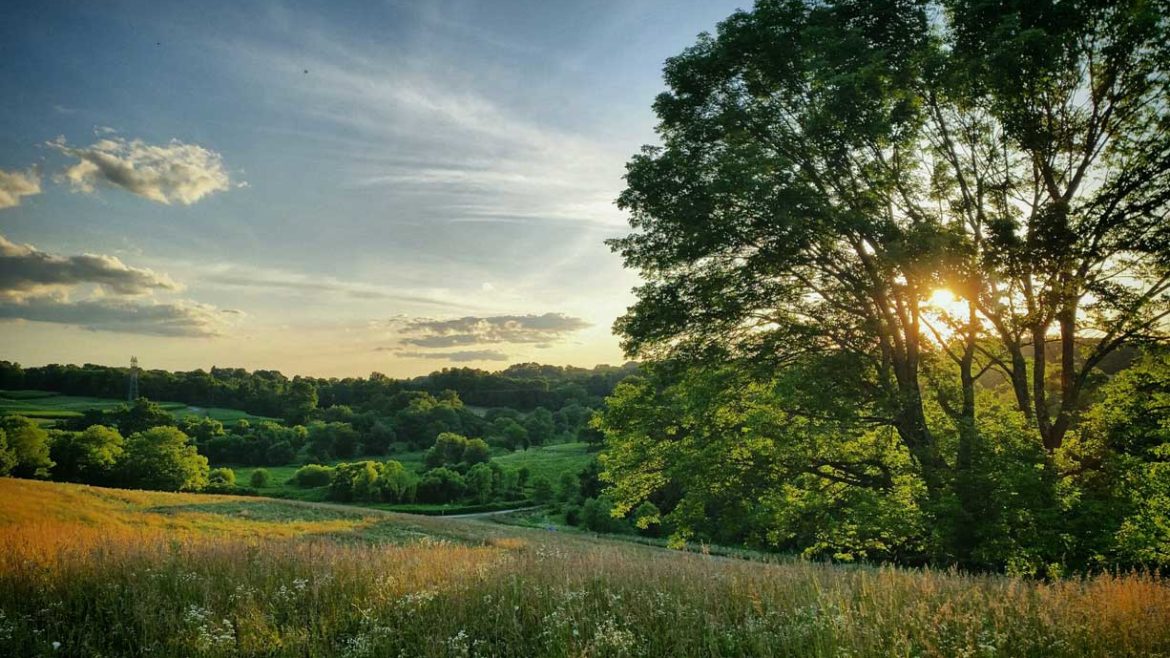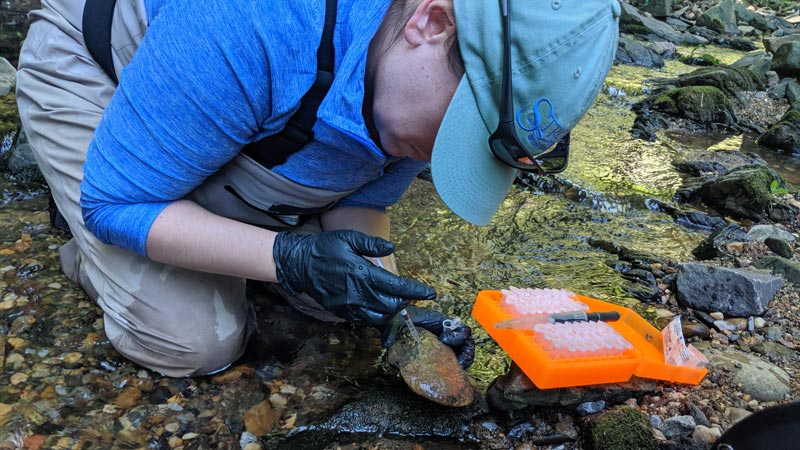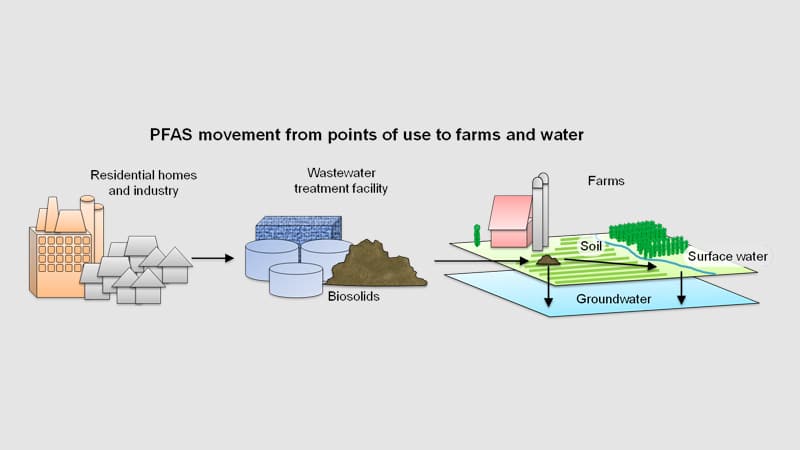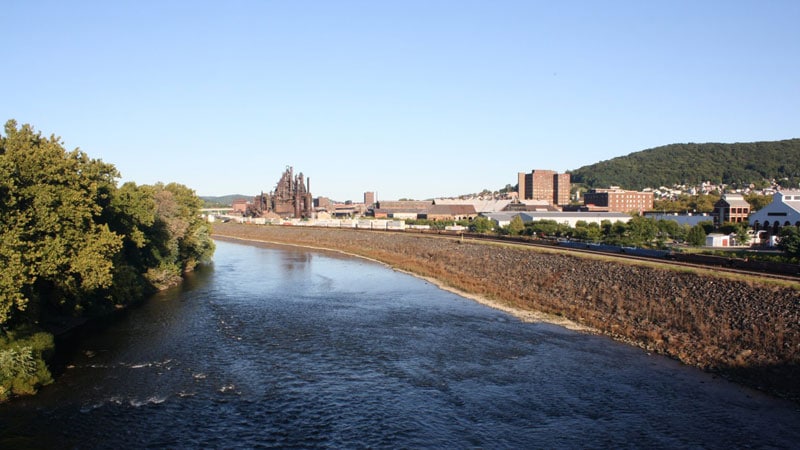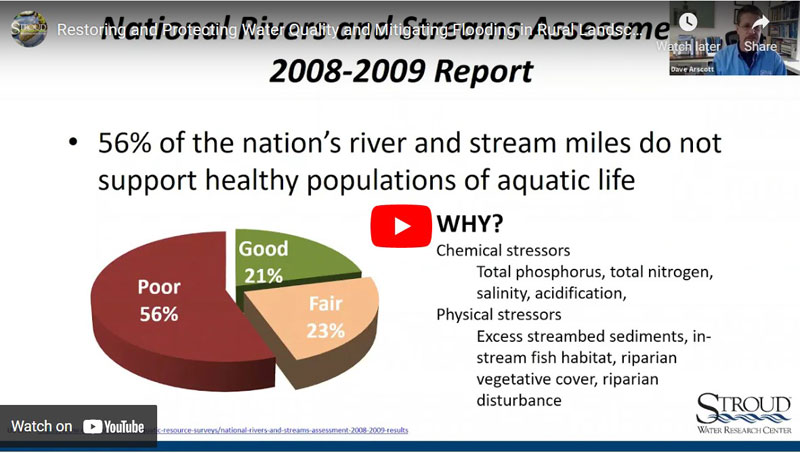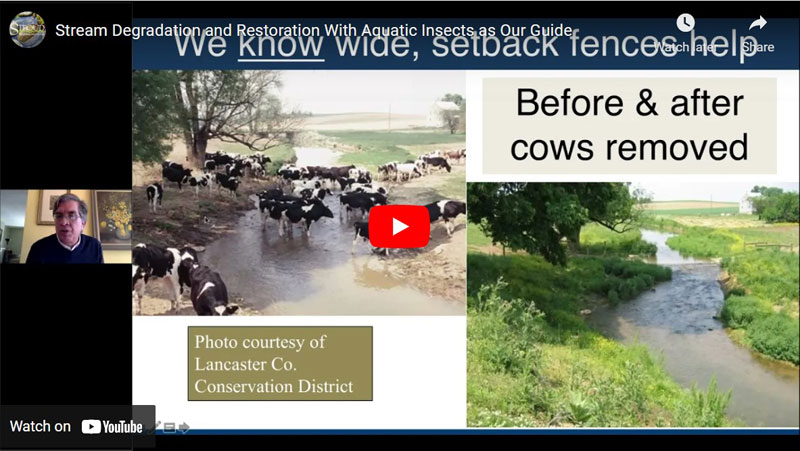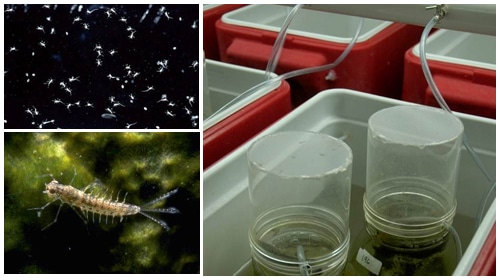How Farming Practices Influence Water Quality and Soil Health
https://stroudcenter.org/wp-content/uploads/stroud-preserve-by-nicholas-rohr-1024x636.jpg 1024 636 Stroud Water Research Center Stroud Water Research Center https://stroudcenter.org/wp-content/uploads/stroud-preserve-by-nicholas-rohr-1024x636.jpgScientists from the Stroud Center and Rodale Institute share what they’re learning from the Watershed Impact Trial on the MOSES Organic Farming Podcast.

